- full price € 15 at the box office - € 14 online
- reduced price € 12 at the box office - € 11 online
– for young people aged between 18 and 25 (not yet turned 25);
– for groups of 15 people or more;
– La Galleria Nazionale, Museo Ebraico di Roma ticket holders;
– upon presentation of ID card or badge: Accademia Costume & Moda, Accademia Fotografica, Biblioteche di Roma, Centro Sperimentale di Cinematografia, Enel (for badge holder and accompanying person), FAI Fondo Ambiente Italiano, Feltrinelli, Gruppo FS, IN/ARCH Istituto Nazionale di Architettura, Sapienza Università di Roma, LAZIOcrea, Palazzo delle Esposizioni, Amici di Palazzo Strozzi, Accademia Nazionale di Santa Cecilia, Scuola Internazionale di Comics, Teatro Olimpico, Teatro dell’Opera di Roma, Teatro di Roma, Università degli Studi di Roma Tor Vergata, Youthcard;
– upon presenting at the ticket office a Trenitalia ticket to Rome purchased between 27 November 2024 and 21 April 2025 - open € 18
valid for one year from the date of purchase
- free
– minors under 18 years of age;
– myMAXXI cardholders;
– on your birthday presenting an identity document;
– upon presentation of EU Disability Card holders and or accompanying letter from hosting association/institution for: people with disabilities and accompanying person, people on the autistic spectrum and accompanying person, deaf people, people with cognitive disabilities and complex communication needs and their caregivers, people with serious illnesses and their caregivers, guests of first aid and anti-violence centres and accompanying operators, residents of therapeutic communities and accompanying operators;
– MiC employees;
– journalists who can prove their business activity;
– European Union tour guides and tour guides, licensed (ref. Circular n.20/2016 DG-Museums);
– 1 teacher for every 10 students;
– AMACI members;
– CIMAM International Committee for Museums and Collections of Modern Art members;
– ICOM members;
– from Tuesday to Friday (excluding holidays) European Union students and university researchers in art history and architecture, public fine arts academies (AFAM registered) students and Temple University Rome Campus students;
– IED Istituto Europeo di Design professors, NABA Nuova Accademia di Belle Arti professors, RUFA Rome University of Fine Arts professors;
– upon presentation of ID card or badge: Collezione Peggy Guggenheim a Venezia, Castello di Rivoli Museo d’Arte Contemporanea, Sotheby’s Preferred, MEP – Maison Européenne de la Photographie;
Casa Balla | until 27 April 2025
- full price ticket € 18
- reduced price ticket € 15
for groups of 12 people in the same tour; myMAXXI membership card-holders; registered journalists with valid ID
- reduced price ticket € 12
under 14 years of age
- free ticket
disabled people + possible accompanying person; minors under 3 years of age (ticket not required)
Collection
MAXXI’s Collection of Art and Architecture represents the founding element of the museum and defines its identity. Since October 2015, it has been on display with different arrangements of works.
other upcoming events
27 Apr 2025 05.00 pm
CreAzioneLifeby Anton Corbijn
30 Apr 2025 07.30 pm
music performanceOkkyung Lee & Rashad Becker
6 May 2025 06.00 pm
books at MAXXINero indelebileby Mirella Serri
7 May 2025 06.00 pm
talkItalia Amore Mioby Gianfranco Jannuzzo
11 May 2025 12.00 pm
guided toursStop DrawingArchitecture beyond Representation
14 May 2025 06.00 pm
books at MAXXIPaleoestetica. Alle origini della cultura visualeby Michele Cometa






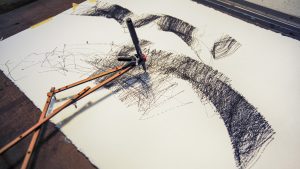


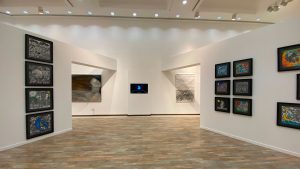
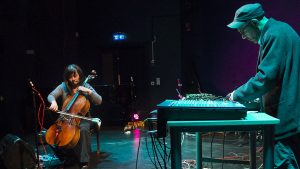









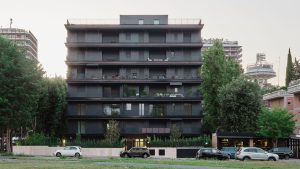




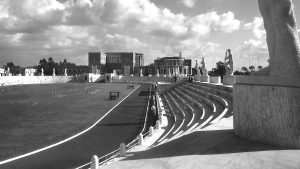


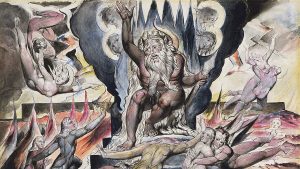






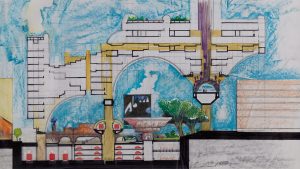
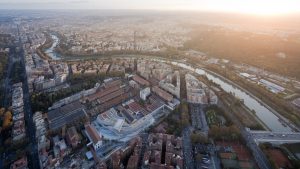
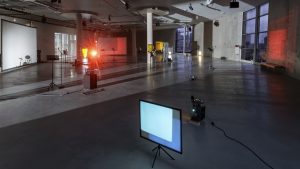

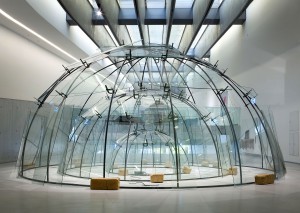
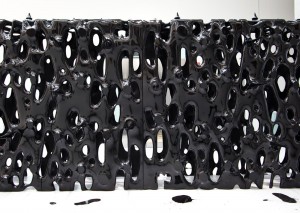
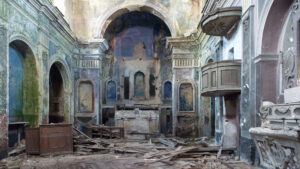




The Histories of Art return: a series of discussions of the history of contemporary art designed to investigate the past 50 years of Italian art together with its protagonists and the ideas that revolutionised the ways of making and observing art.
From January to May on the third Saturday of each month, gallery owners, curators and art critics will invite the general public to the MAXXI to learn about the neo-avant-gardes, conceptualism and Arte Povera, postmodernism and art in the 21st century.
The talks are not only lessons on contemporary art, but the stories of the leading figures of extraordinary exhibitions that defined the history of contemporary Italian art.
Last appointment
Saturday 18 May, 11.30 – 13.00
Art&Criticism with Michele Dantini
MAXXI Auditorium
tickets €4 – free* for holders of the my MAXXI card
(*based on availability of seating; tickets must be claimed no later than 11.15 on the day of the event)
The post-war history of Italian art is marked by the geo-political and cultural balancing acts of the Cold War and what we might call the “marketing of local identities’. How should we approach an illustrious tradition, our own, if we belong to a nation that suddenly finds itself marginalised? What is Italy’s role in the new world order?
And how can we restore cosmopolitan dialogues after decades of isolation? Far from being a mere “mirror” reflecting what happens, critical discourse plays a full part in the negotiations between artistic culture and political-economic communities. Critics and curators, from Argan to Brandi, from Villa to Arcangeli, from Pistoi to Fossati and Celant, mould collective fantasies and projects of identity to which the artists correspond (or attempt to evade) in the most diverse ways, with figured discourses and congenial techniques.